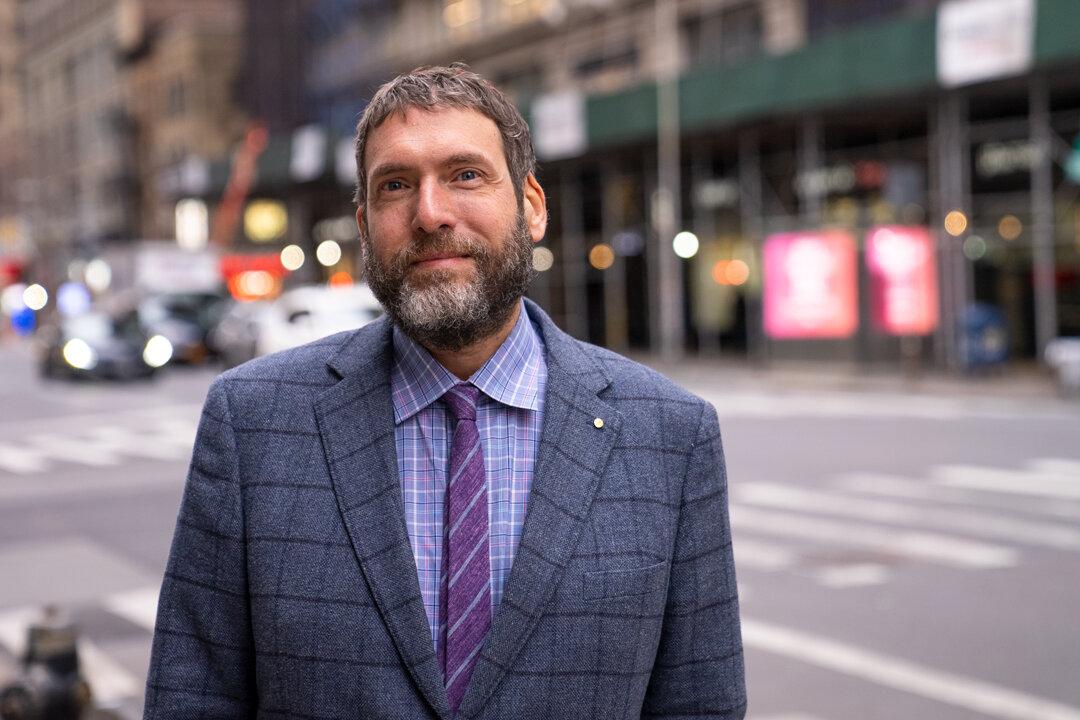“I never want to be part of any group of people,” Liel Leibovitz says, “where a political disagreement could empty your heart of love.”
In this episode of “American Thought Leaders,” host Jan Jekielek discusses topics such as “political homelessness” and rebuilding society from the bottom up with Liel Leibovitz, a senior writer for Tablet Magazine and a host of the “Unorthodox” podcast. He’s the author of the popular Tablet essay “The Turn: When I saw the left give up everything I believe in, I changed politically. You can, too.”






